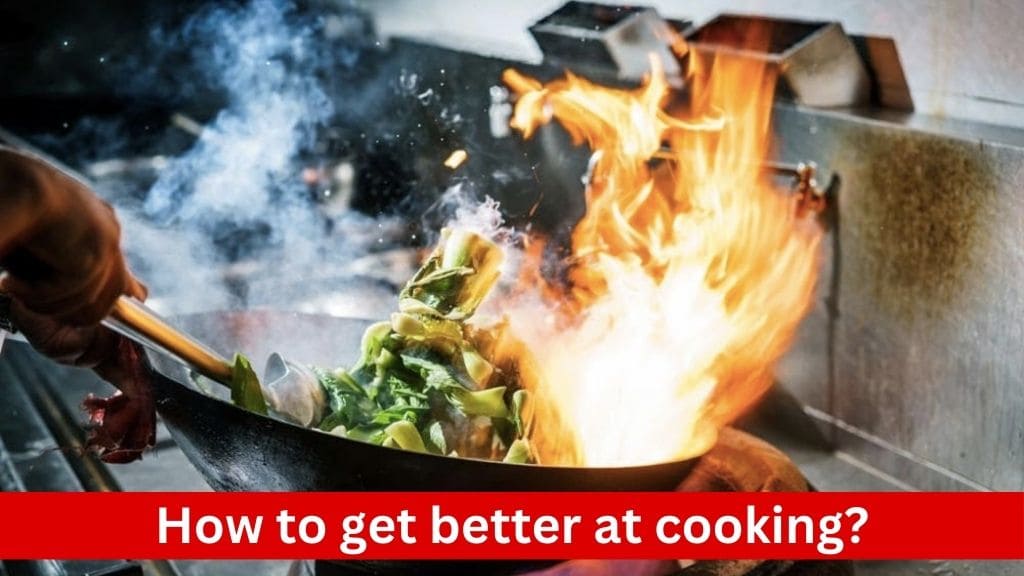Cooking is not just a skill; it’s an art form that anyone can master with practice and dedication. Whether you’re a novice in the kitchen or an experienced home cook looking to elevate your culinary prowess, there are numerous ways to improve your cooking abilities. In this comprehensive guide, we’ll explore various strategies and techniques to help you become a better cook.
The Importance of Cooking Skills
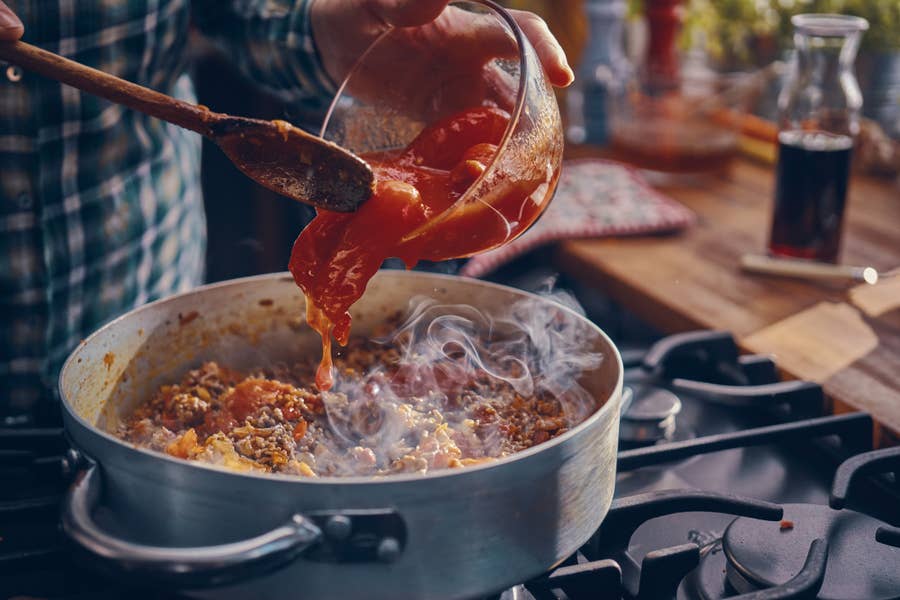
Cooking skills are invaluable for several reasons, extending beyond merely preparing food. Let’s delve deeper into why honing your culinary abilities is essential:
Health Benefits
Cooking your meals empowers you to make healthier choices. When you cook at home, you have control over the ingredients you use, allowing you to prioritize fresh, wholesome foods over processed alternatives. By avoiding excessive salt, sugar, and unhealthy fats common in restaurant and pre-packaged meals, you can better manage your intake of these potentially harmful components. Additionally, cooking methods like grilling, baking, and steaming preserve nutrients better than frying or deep-frying, contributing to a healthier diet overall.
Cost Savings
Eating out frequently or relying on pre-made convenience foods can quickly drain your wallet. By mastering cooking skills, you can significantly reduce your food expenses. Buying raw ingredients in bulk and preparing meals at home is typically more cost-effective than dining out or purchasing pre-packaged meals. Moreover, cooking allows you to stretch your budget further by making the most of inexpensive staples like grains, legumes, and seasonal produce.
Creativity and Self-expression
Cooking provides an outlet for creativity and self-expression. It’s a form of artistic expression where you can experiment with flavors, textures, and presentation techniques. Whether you’re following a traditional recipe or improvising with what’s on hand, cooking allows you to put your personal stamp on every dish you create. From adjusting seasoning to garnishing with flair, cooking enables you to express your unique culinary style and share your creations with others, fostering a sense of pride and accomplishment.
Connection and Socialization
Cooking often brings people together, fostering connections and strengthening relationships. Whether you’re cooking for your family, friends, or loved ones, sharing a homemade meal creates opportunities for bonding and socializing. Cooking together can be a fun and collaborative activity, where you can exchange tips, techniques, and recipes while enjoying each other’s company. Additionally, preparing meals for others is a meaningful way to show care and affection, deepening your connections and creating lasting memories.
Independence and Self-sufficiency
Mastering cooking skills enhances your independence and self-sufficiency in various ways. Instead of relying on takeout or pre-made meals, you gain the confidence to prepare nutritious and delicious meals from scratch. This self-reliance is particularly beneficial during times when access to external food sources may be limited, such as during emergencies or travel. Knowing how to cook also equips you with essential life skills that can serve you well throughout your lifetime, ensuring you can nourish yourself and others wherever you go.
Cultural Appreciation
Cooking allows you to explore and appreciate different cultures through their cuisine. By experimenting with recipes from diverse culinary traditions, you can expand your culinary horizons and develop a deeper understanding and appreciation of global food cultures. Cooking dishes from around the world not only broadens your palate but also fosters cultural exchange and promotes diversity and inclusivity. Through food, you can connect with people from diverse backgrounds and celebrate the rich tapestry of culinary heritage that enriches our world.
Start with the Basics
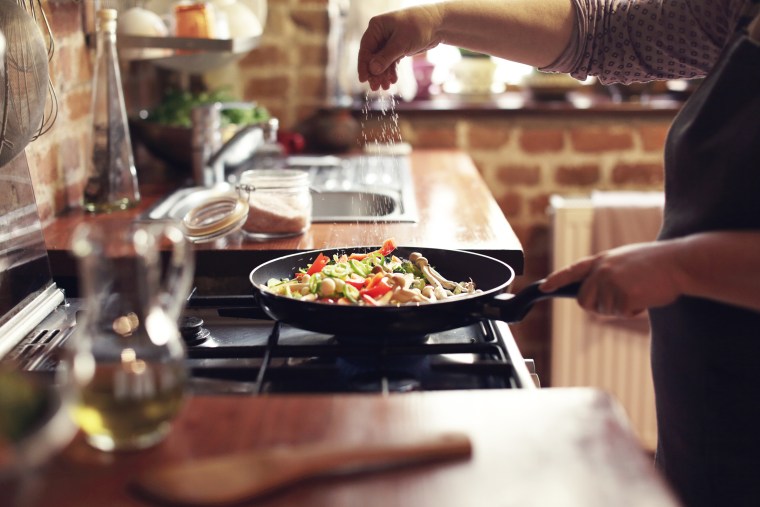
Master Knife Skills
Knife skills are the foundation of cooking. Understanding how to properly hold and use knives not only enhances efficiency and safety in the kitchen but also affects the texture and appearance of your dishes. Take the time to practice basic cutting techniques such as chopping, dicing, and mincing until they become second nature.
Understand Cooking Methods
Familiarize yourself with different cooking methods and their effects on food. Learn when to sauté, roast, boil, or steam ingredients to achieve optimal results. Each cooking method imparts distinct flavors, textures, and nutritional profiles to dishes, so understanding their nuances is essential for culinary success.
Learn from Experts
Take Cooking Classes
Enroll in cooking classes or workshops taught by experienced chefs. These classes provide hands-on instruction, valuable insights, and feedback to help you improve your cooking skills. Whether you’re a beginner or an experienced cook, there’s always something new to learn from culinary professionals.
Follow Recipes
Start by following recipes from reputable sources to build your culinary repertoire. Pay attention to ingredient proportions, cooking techniques, and presentation tips. As you become more confident, don’t hesitate to experiment with variations and substitutions to customize dishes to your taste.
Experiment and Explore

Be Adventurous with Ingredients
Don’t limit yourself to familiar ingredients; be open to exploring new flavors, textures, and cuisines. Visit ethnic markets, specialty stores, and farmers’ markets to discover unique ingredients and culinary inspirations. Embrace the opportunity to experiment with unfamiliar ingredients and incorporate them into your cooking repertoire.
Try New Recipes
Challenge yourself by trying out new recipes regularly. Explore cuisines from different cultures, experiment with fusion cuisine, and recreate restaurant favorites at home. Trying new recipes exposes you to diverse cooking techniques, ingredients, and flavor combinations, expanding your culinary skills and palate.
Practice Consistently

Cook Regularly
Consistency is key to improving any skill, including cooking. Set aside time to cook regularly, even if it’s just simple meals or quick snacks. The more you practice, the more comfortable and proficient you’ll become in the kitchen.
Reflect and Learn from Mistakes
Embrace mistakes as opportunities for growth and learning. If a dish doesn’t turn out as expected, take the time to analyze what went wrong and how you can improve next time. Experimenting with different techniques and approaches allows you to refine your cooking skills and develop a deeper understanding of ingredients and flavors.
Develop Your Palate
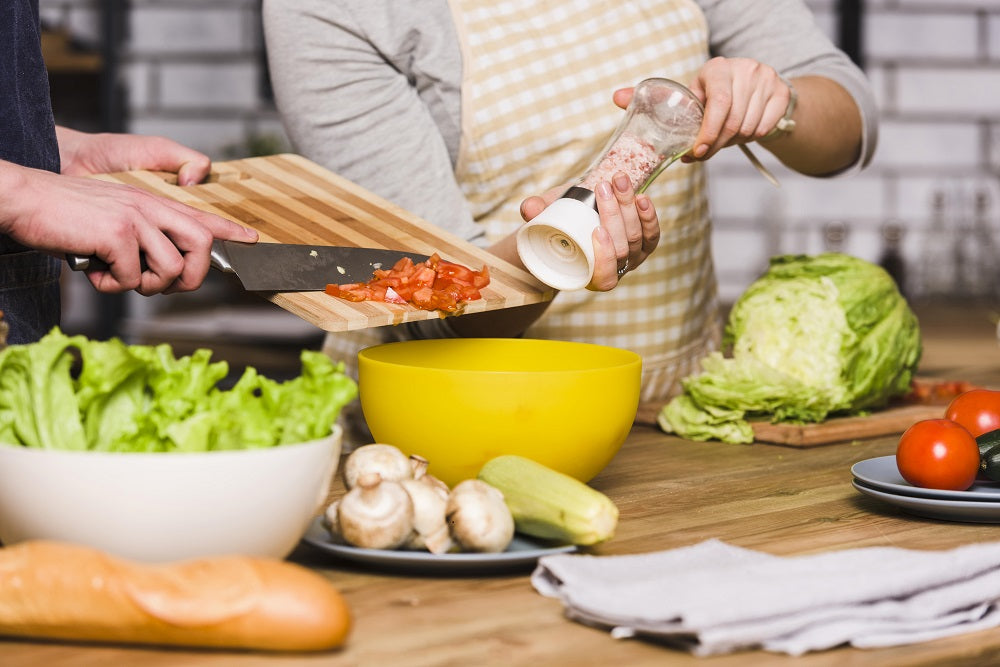
Taste as You Cook
Get into the habit of tasting your food as you cook to adjust seasoning, acidity, and flavor balance. Developing a discerning palate enables you to fine-tune your dishes and achieve the desired taste profile.
Experiment with Seasonings
Explore the wide range of herbs, spices, and condiments available to enhance your dishes. Experiment with different flavor combinations and seasoning techniques to elevate the taste of your meals. Don’t be afraid to get creative and trust your instincts when seasoning your dishes.
Conclusion
Becoming a better cook is a journey that requires patience, practice, and a willingness to learn. By following the strategies outlined in this guide, you can develop your cooking skills and unleash your culinary creativity. Whether you’re cooking for yourself, your family, or friends, the joy of creating delicious meals from scratch is a rewarding experience that will enrich your life for years to come. So roll up your sleeves, sharpen your knives, and let’s get cooking!

